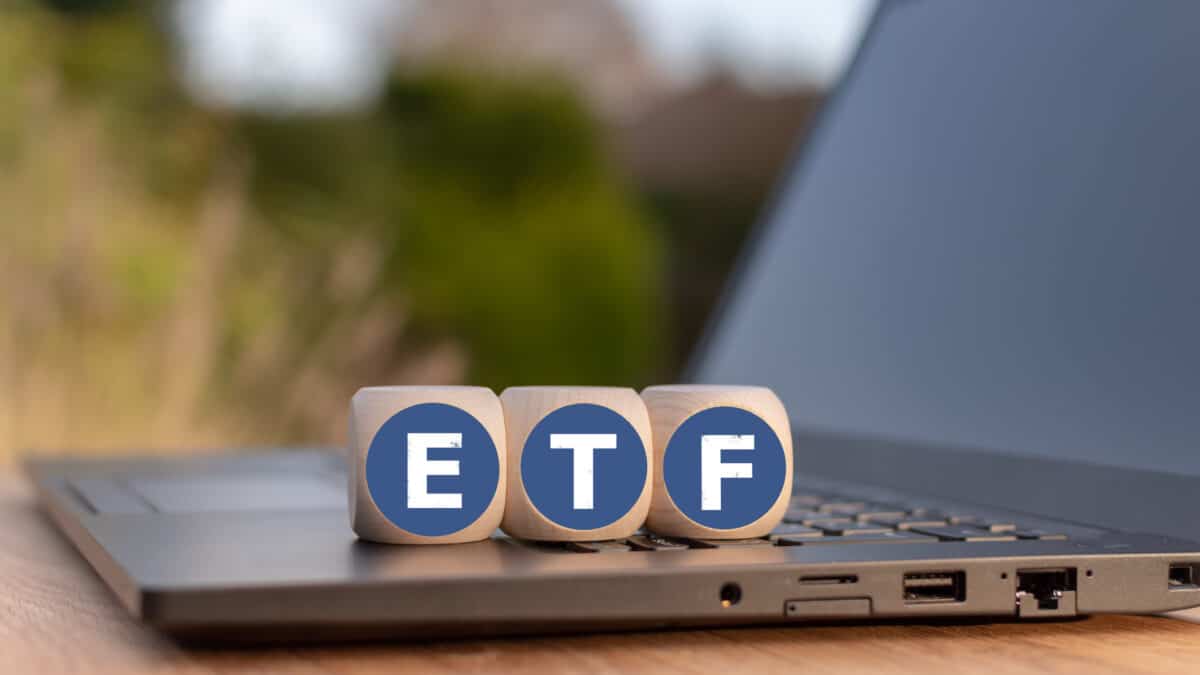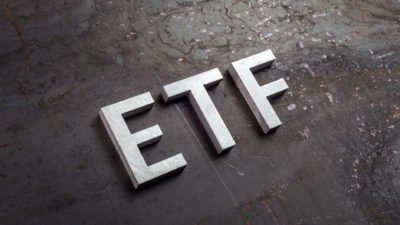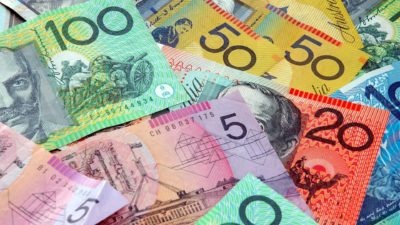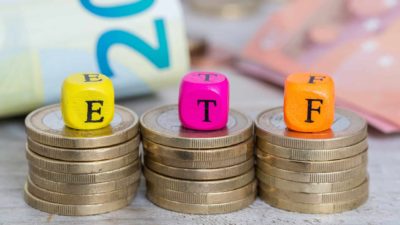For many different reasons, the iShares S&P 500 ETF (ASX: IVV) appeals to me as a leading idea to help Aussies retire early.
Exchange-traded funds (ETFs) can be very effective investments for anyone to own because of their ability to provide diversified exposure to an appealing group of businesses.
Just matching the market's returns can provide investors with good returns. Plenty of fund managers have trouble beating the market over the longer term, and therefore, they can have trouble beating index funds like the IVV ETF. In other words, owning this fund could lead to returns stronger than many fund managers.
Why the iShares S&P 500 ETF could be effective for early retiring
Investments that can deliver good returns for Aussies can accelerate the journey towards retirement.
Past performance is not a reliable indicator of future returns, but I do believe long-term winning companies have a habit of continuing to deliver impressive earnings growth as they invest in their globally-leading brands and operations while they strengthen their economic moats (competitive advantages).
The IVV ETF is invested in 500 of the largest and most profitable US businesses. Many of them are global leaders, such as Alphabet (Google and YouTube), Microsoft, Apple, Amazon, Meta Platforms (Facebook, Instagram), Nvidia, and so on.
The US share market has been an incredible performer for investors. The IVV ETF has returned an average of 15.8% per annum over the last decade.
I'm not expecting the next decade to be as good, but I think it's illustrative how great businesses can generate good compounding returns.
Early retirement acceleration
Let's look at how the IVV ETF can help grow our wealth.
According to a compound interest calculator, if someone invested $1,000 per month and earned an average of 15.80% per year, the money would grow to $1 million in less than 19 years. Investing more per month, at any point during the journey, would reduce the time it takes.
However, if that same person invested $1,000 per month in a term deposit and it only made 5% per year, it'd take 34 years to reach $1 million.
Of course, if the IVV returned less, it would also take longer to reach $1 million. If the ASX returned, say, 12% per year, it would take more than 21 years.
Unlocking cash flow
The IVV ETF is not known for its dividends, but I'd look to create annual cash flow by selling 4% or 5% of the fund's value each year. If the IVV ETF continued returning more than 5% per year on average, then the investor's wealth would theoretically still grow while unlocking that useful cash flow. That's not guaranteed every year though, particularly when a bear market comes along.
Also, I wouldn't advocate having one's entire retirement fund in one ETF. Instead, I'd invest in, at a minimum, a handful of other ASX ETFs and ASX shares.









